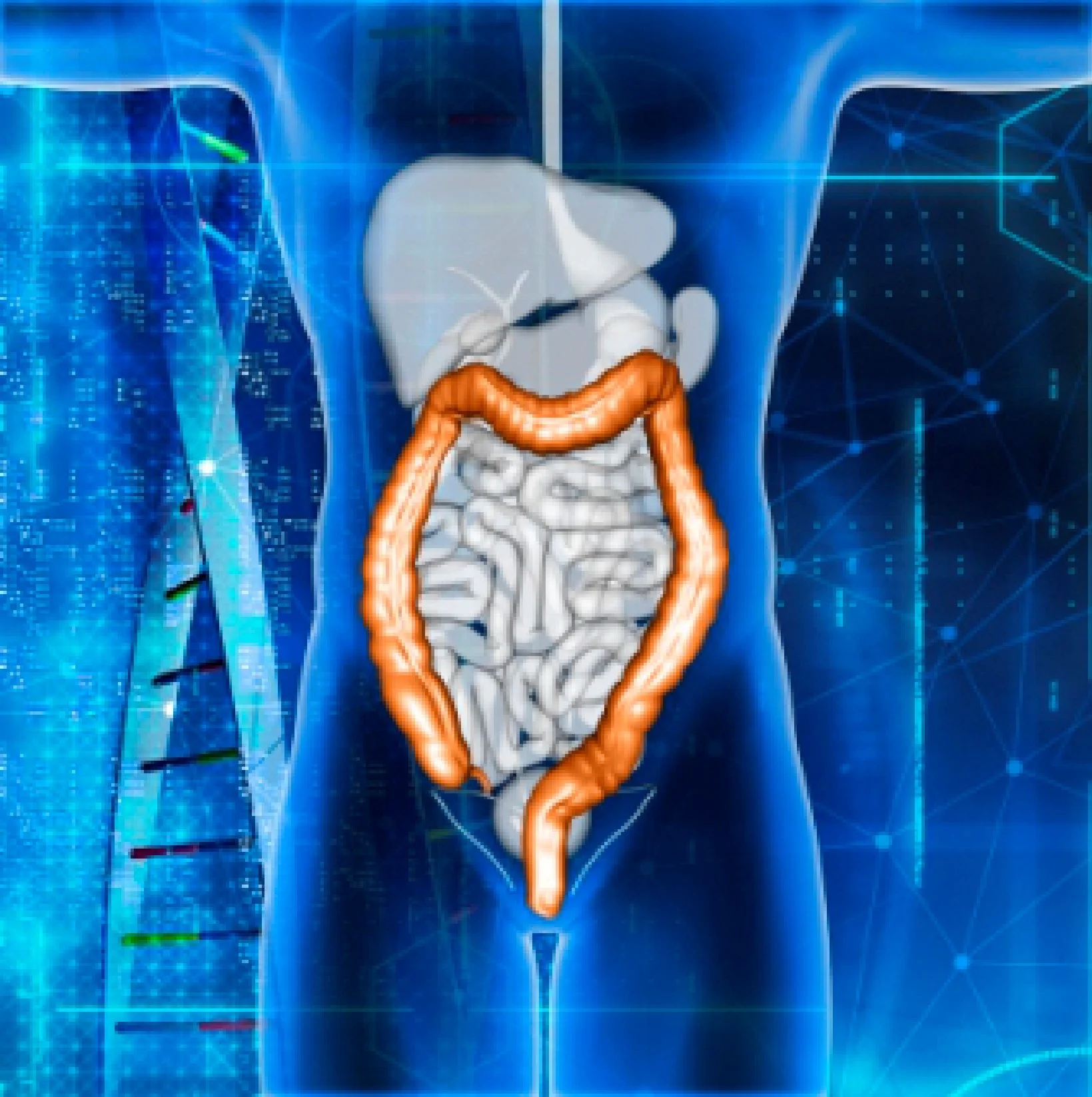
Department of Urology
Welcome To Gangasheel Hospital
What is U Bladder Mass ?
Bladder cancer is a common type of cancer that begins in cells in the bladder. The bladder is a hollow muscular organ in the lower abdomen that stores urine.
Bladder cancer most often begins in the cells that line the bladder (urothelial cells). Urothelial cells are also found in the kidneys and the tubes that connect the kidneys to the bladder (ureters). Urothelial carcinoma can also occur in the kidneys and ureters, but is more common in the bladder.
Most bladder cancers are diagnosed in the early stages when the cancer is easily treatable. However, even early-stage bladder cancer can recur after successful treatment. For this reason, bladder cancer patients usually require follow-up visits years after treatment to check for bladder cancer recurrence.
Signs and symptoms of bladder cancer may include :-
- Hematuria (hematuria), the urine may appear bright red or cola-colored, but sometimes the urine appears normal and is Blood may be indicated
- Frequent urination
- Painful urination
- Back pain
Bladder cancer begins when changes (mutations) occur in the DNA of the cells in the bladder. A cell's DNA contains instructions that tell it what to do. This change directs cells to proliferate rapidly and stay alive when healthy cells die. Abnormal cells can form tumors and invade and destroy normal body tissues.
Over time, the abnormal cells may slough off and spread (metastasize) throughout the body.
Types of Bladder Cancer:
Many types of cells in the bladder can develop into cancer. The type of bladder cell in which the cancer forms determines the type of bladder cancer. Doctors use this information to determine the best treatment for you.
Although there is no sure way to prevent bladder cancer, there are steps you can take to reduce your risk. Example:-
- Do not smoke. If you don't smoke, don't start. If you smoke, talk to your doctor about a plan to help you quit. Support groups, medication, and other methods can help you quit smoking.
- Be careful with chemicals. Follow all safety precautions when working with chemicals to avoid exposure.
- Please choose various fruits and vegetables. Eat a diet rich in brightly colored fruits and vegetables. Antioxidants found in fruits and vegetables may help reduce the risk of cancer.
There are four types of treatment for bladder cancer. Your healthcare provider may use some or all of these treatments, or a combination of treatments.
Surgery is a common treatment for bladder cancer. Providers chose surgical options based on the stage of the cancer. For example, TURBT, which is used to diagnose bladder cancer, can often treat bladder cancer that has not metastasized. Health care providers either remove the tumor or burn it using high-energy electricity using a process known as high-frequency electrotherapy.
Another treatment option is radical cystectomy. In this surgery, the bladder and surrounding organs are removed. This is done if the cancer has spread outside the bladder or if there are multiple early stage tumors throughout the bladder.
In men and patients with DMAB, this surgery removes the prostate and seminal vesicles. For women and DFMB patients, providers can remove part of the ovaries, uterus, and vagina. Health care providers are also performing surgeries known as urinary diversions so people can still pee.
Your healthcare provider may give you chemotherapy or radiation therapy after surgery to kill cancer cells that may have been missed during surgery. This is an adjunctive therapy.
Yes, U Bladder Mass treatment is available in Bareilly at Gangasheel Hospital by the team of expert Urologists in the city.
